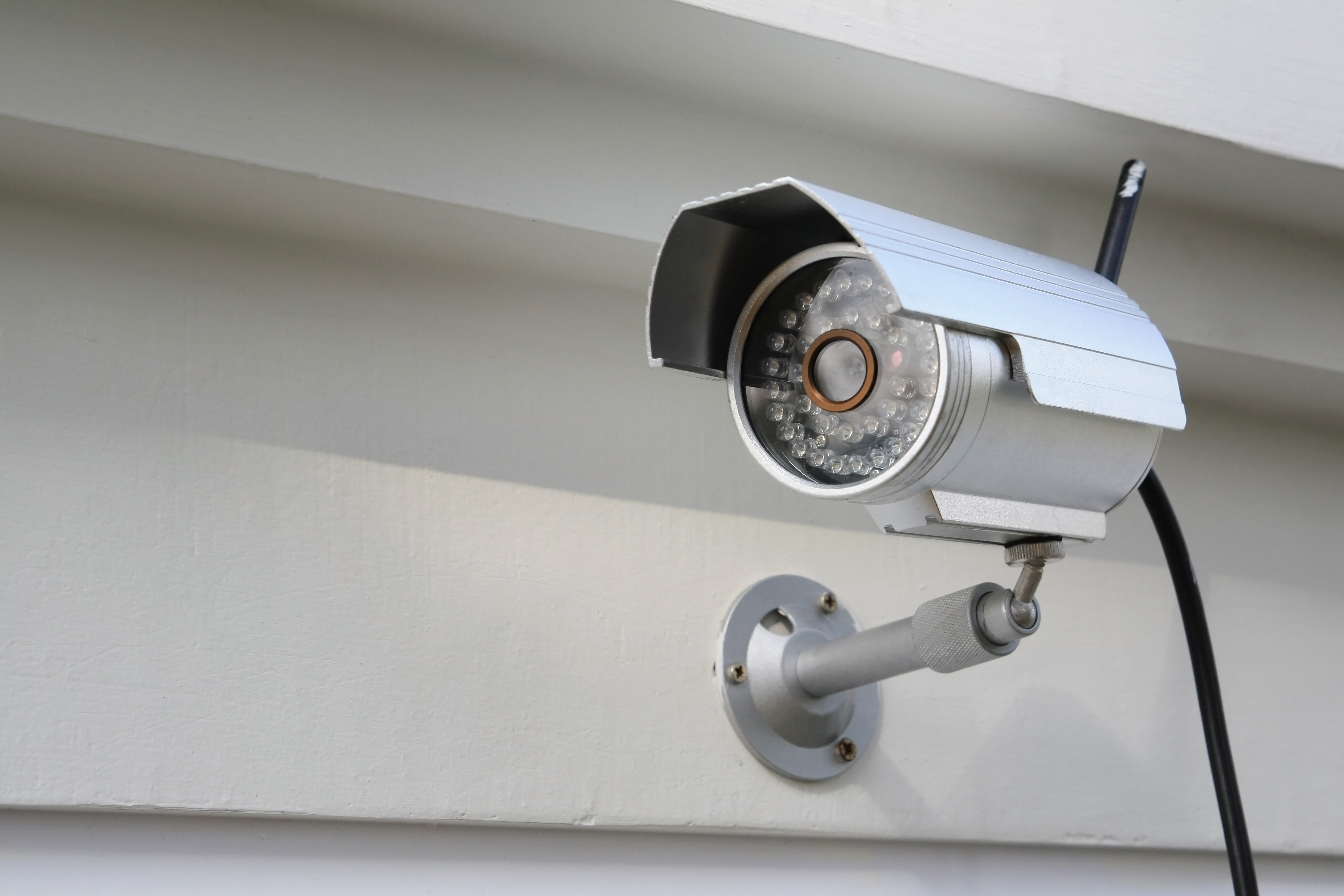
Muscat: Restaurants and fast-food joints in Oman have been placed under CCTV surveillance in an effort to protect the public from poor hygiene.
Get your essential daily briefing delivered direct to your email inbox with our e-newsletter
Eateries popular with tourists already have a direct video link to ministry officials, who watch food being prepared in kitchens from the ministry HQ.
A senior ministry official said all restaurants in the Sultanate would be covered by the end of 2016.
The ministry has installed cameras in the kitchens and storerooms of 10 ministry-approved restaurants, including tourist locations, fast food centres, butchers and slaughter houses as part of a trial.
Keeping a tab
“By the end of this year, we will be installing more cameras in other restaurants. This is to keep a tab on food hygiene and safety. It is part of an initiative started three years ago,” Mansoor Al Hilal, the head of slaughterhouse and meat production, said.
“We will be able to monitor the activities online. Warnings also can be issued online,” the official said, adding that a fine will be imposed if a violation is repeated for a third time.
According to Ahmed bin Abdullah Al Shehhi, Minister of Regional Municipalities and Water Resources, the trial project can help reduce the number of food safety violations and improve the efficiency and capacity of the health control departments in municipalities.
Stay ahead of the rest and download our free WhatsNews app for Apple, Android or Blackberry
Confidentiality
The minister added that the project enjoys full confidentiality and comes under the Municipalities Regulation Law issued by Royal Decree No. 96/2000 as stated in Article 16 of the food safety Law promulgated by Royal Decree No. 84/2008 that regulators regulate all means of food transport and inspection at any time.
Robert MacLean, principal at the National Hospitality Institute, said that this system will give a minimal cover for food safety issues but will leave many areas still needing to be covered.
“It is a brave effort to try to improve something like this through simple technology. However there are many issues to deal with in the safe storage, preparation, cooking and service of food to the public,” Robert said.
“Globally, there are cameras in food places often for security and general health and safety. Kitchens are hot steamy places where cameras are not often very successful,” Robert said, adding that the Food Safety Academy at the NHI are in discussions with Muscat Municipality whereby food places will have to show evidence of staff training and inspections before they can renew their food licences.
Aamir Ansari, a Muscat-based student who loves to dine outside, feels that the move to install cameras will help to catch food safety violators.
“This will help authorities to monitor properly and take appropriate action against violators. Let this move be widened to all restaurants so that we can enjoy the food with confidence that it is prepared under hygienic conditions,” Aamir added.
Campaign
Recently, as part of its campaign to protect the health and safety of consumers and residents, the authority had conducted raids at joints which were not only operating without required permissions but also preparing food under unhygienic conditions.
It had also cleared a number of areas along the seaside in Bausher where vendors were illegally selling Omani grilled meat, known as mashakeek.